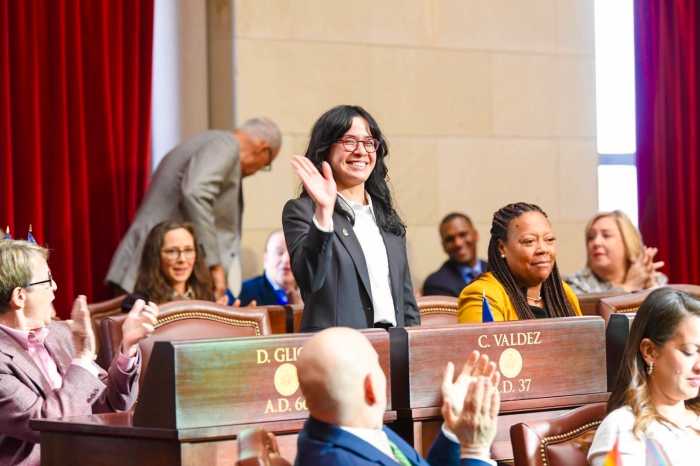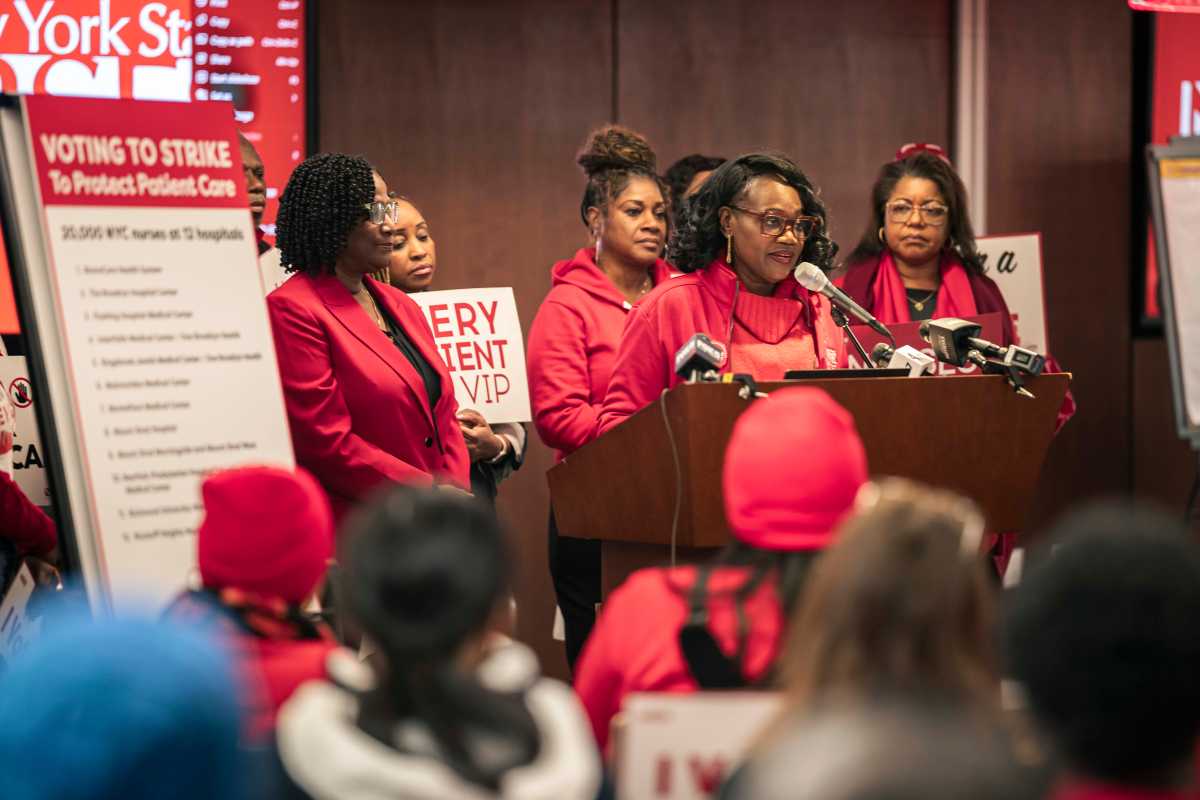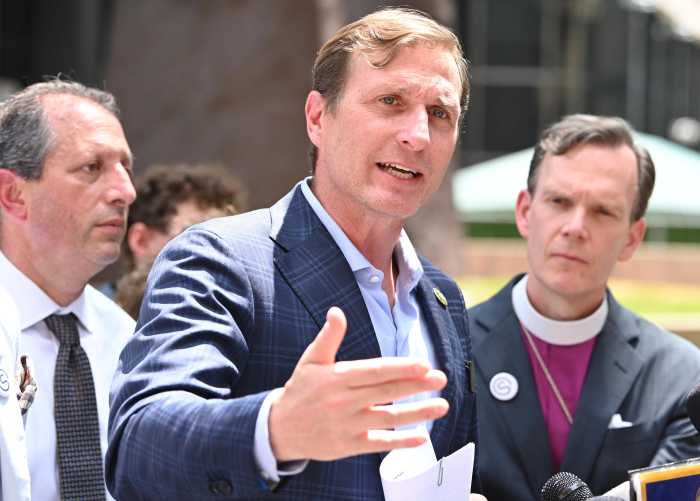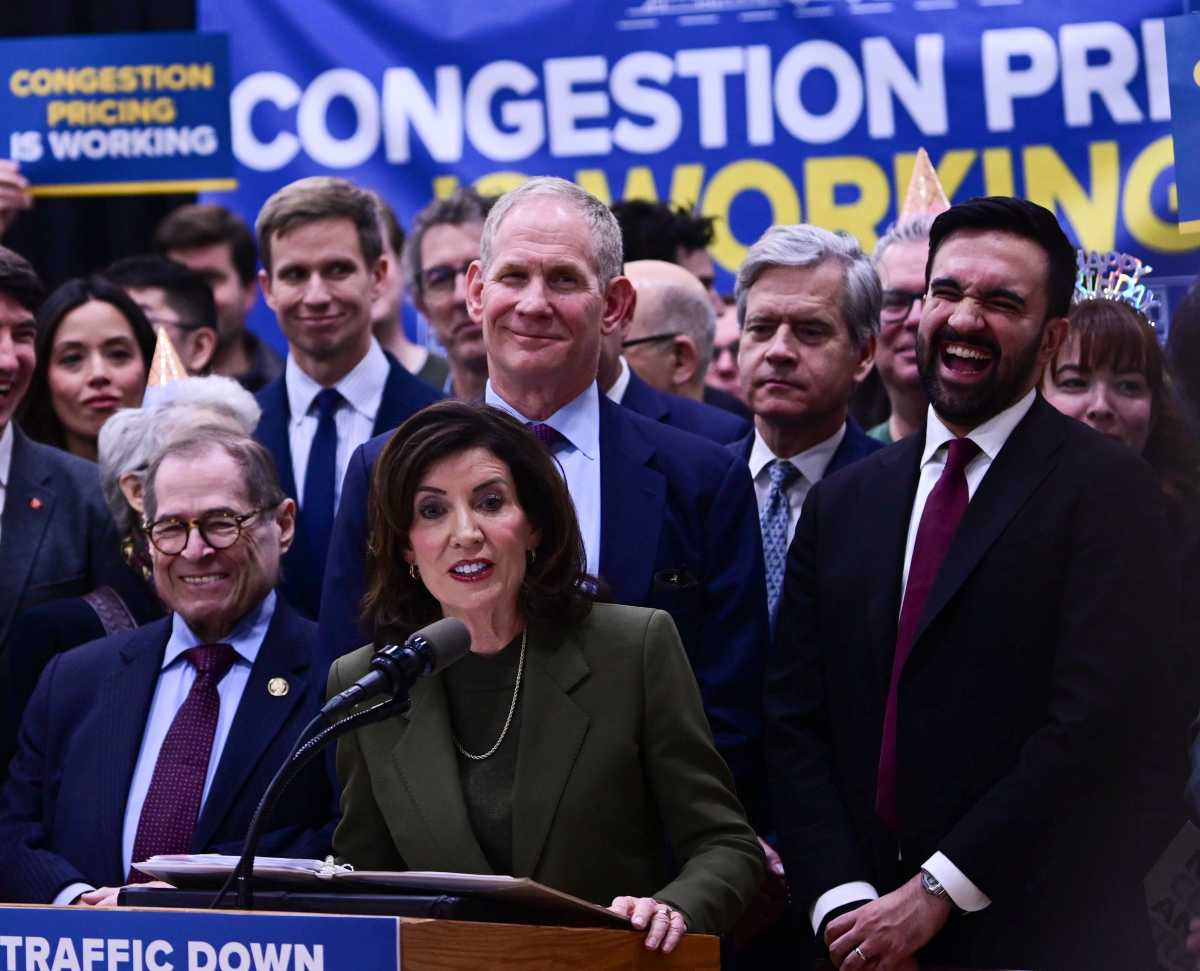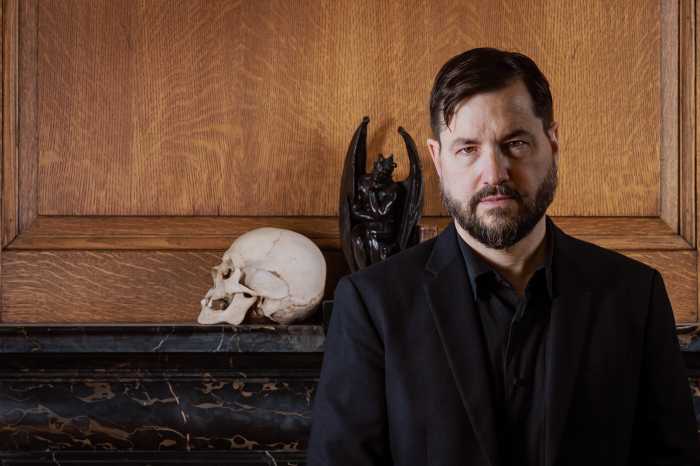Two of Brooklyn’s superdelegates say they’ll vote for Sen. Hillary Clinton at the Democratic convention even though the majority of voters in their district cast ballots for Sen. Barack Obama in the New York primary, The Brooklyn Paper has learned.
Both Rep. Ed Towns (D–Brooklyn Heights) and Rep. Yvette Clarke (D–Park Slope) said they still back Clinton’s flagging campaign — despite representing districts where Obama dominated on Feb. 5.
Clarke, in a statement, said she “is a committed superdelegate to Hillary Clinton.” She added that her role as a superdelegate is not simply to follow the lead of her constituents.
“Superdelegates have the unique responsibility to balance the needs of their district, state, party and country,” she said.
She refused to take any questions and did not say anything beyond her statement.
Towns explained his support for Clinton in an interview with the New York Times last week, though he refused to return repeated calls from The Brooklyn Paper.
“The district might have gone for Obama, but the state voted for Hillary,” he told the Times. “And no matter what, she is the senator from the state.”
The close battle between Obama and Clinton has put the role of the superdelegates under renewed scrutiny. If the remaining primary voting continues as it has gone so far, neither candidate may have locked up the required 2,025 delegates to win the nomination outright.
That’s when the 795 superdelegates — party leaders, members of Congress and other political insiders — come into play. Many have longstanding ties to the Clinton family — indeed, one superdelegate is former President Bill Clinton — and can vote any way they want.
Like many members of the Democratic Party establishment, Towns and Clarke have backed Clinton for months. But with voters in their districts strongly backing Obama, some voters are saying that the two lawmakers need to listen to the people, not the party leaders.
Clinton won Brooklyn by a 50–48 percent vote. But the junior senator from Illinois won big in Clarke and Towns’s districts, taking 59 percent of the vote in Clarke’s 11th District, which covers Park Slope, Prospect Heights and Crown Heights. He tallied 57 percent in Towns’s 10th District, which stretches from Brooklyn Heights to East New York.
Voters wonder how the members of congress can go against such a decisive outcome.
“They should be representing their people,” said Cait Flynn of Clinton Hill. “It should be that clear-cut, but they’re acting as politicians.”
Ferrentz Lafarque of Prospect Heights added: “It’s disingenuous to claim to be a representative, and then go and vote against the constituents.”
Political insiders said the pro-Obama vote in the two districts has forced Clarke and Towns to do a tightrope act, balancing pressure from the party with pressure from voters.
“They’re doing a very rational self-interest calculation,” said Patrick Egan, a politics professor at New York University. “They’re asking themselves, ‘Who’s going to win?’ and ‘Which way is the wind blowing?’”
The political gut check is not limited to Brooklyn. Last week, Rep. John Lewis (D–Georgia), a strong Clinton supporter, flipped to the Obama side after his district voted for the junior senator from Illinois. And Donna Brazile, a longtime Clinton supporter who is now with the Democratic National Committee, recently told CNN that she would quit the Democratic Party if the nomination was decided by superdelegates, not the voters.
Indeed, if Towns and Clarke don’t follow suit, some voters said the resulting “smoke-filled room” scenario would conjure up memories of Al Gore’s defeat to George Bush in the 2000 election, despite winning the popular vote.
“It would be a letdown that despite the involvement and the passion, their vote didn’t matter,” said the Rev. Clinton Miller of the Brown Memorial Baptist Church. “If these types of things keep on happening it, really puts democracy in crisis in America.”


